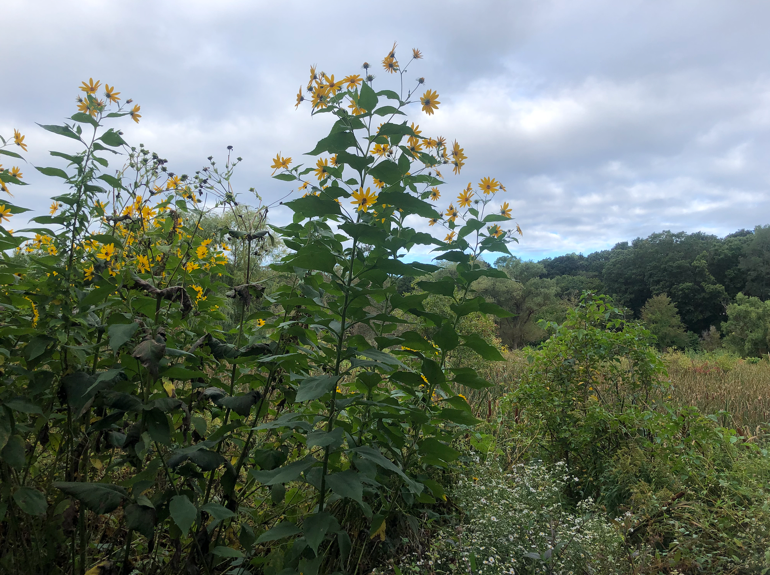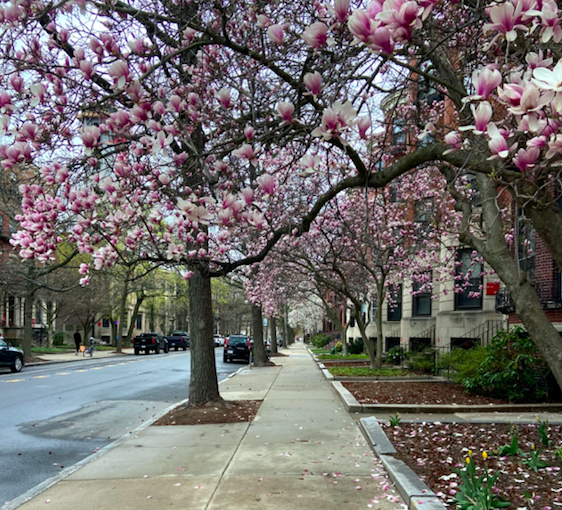By Bridgette Lang (CAS’23)
There are a handful of universal goals that most students have as they enter their freshman year of college: make friends, join a club, and obtain professional experience by the time they graduate. While all of us encountered COVID-19 as a bump in the road, many students here at the Kilachand Honors College still set out to reach their goal of working in their respective field through an internship or job. Furthermore, they adjusted, adapted, and learned to better themselves in a challenging environment.
Hear from some members of the Class of 2023 about what they did this summer:
Anika Brahmbhatt, Dual Degree in Media Science and Psychology
“I found my internship at MyHealthTeams through the College of Communication newsletter! Over the summer, I worked 20 hours per week writing medical and health content to be posted on 40+ social networking sites for people with chronic conditions. Now, I am continuing to write for the company on a freelance basis. I have gotten to learn about writing for search engine optimization, collaborating with a whole team of content creators, and of course, about how medical conditions impact people and their families’ daily lives.”
Tatiana Jose-Santos, Majoring in Psychology
“My internship was with a Boston-based company called Klarity. I found the opportunity through a friend in the Kilachand Honors College that also interned there. I worked throughout the summer full-time, mainly writing content for our website launch. I helped write a comprehensive guide on sales and marketing strategies and best practices for small to medium businesses and learned a ton about SEO marketing. I was also able to learn video editing, how to use HubSpot for email automation, and how to use different mediums, like Canva, to create graphics. Now, I am still working part-time as a content writer and am currently applying to more marketing internships for spring and summer.”
Leah Dobres, Majoring in Sociology on the Pre-Med Track
“In the fall of 2020, knowing that I was going to begin my sophomore year at home, I was interested in finding a job where I would gain experience working in a hospital. I did research into all of the hospitals in my area and positions they were hiring for, ultimately sending in upwards of twenty applications for various positions. I was hired as a unit clerk and telemetry technician at a long-term acute care hospital (LTAC). LTAC care is utilized for patients who are ready to be discharged from hospitals as we typically think of them but still need skilled care and close observation around the clock. As a unit clerk, I worked at the front desk on the unit where I wore many different hats. I answered phone calls, arranged transportation, scheduled outpatient appointments, scanned paperwork, responded to patient call lights, helped with staff communication, just to name some of my typical daily tasks. Additionally, as a telemetry technician, my job was to constantly monitor heart rate monitors and vital signs of about 20 patients at a time and page the proper staff if I noticed anything wrong (which happened often, as our patients were quite ill). In this position, every day was a different adventure, and I truly never knew what to expect when I walked into the hospital. I also gained so much experience from working at the hospital, learning about how a hospital functions and everyone’s roles. It was also a great way to get experience in the field I ultimately hope to go into, to make connections with healthcare professionals, to have something to do during the pandemic and to make some money.”



